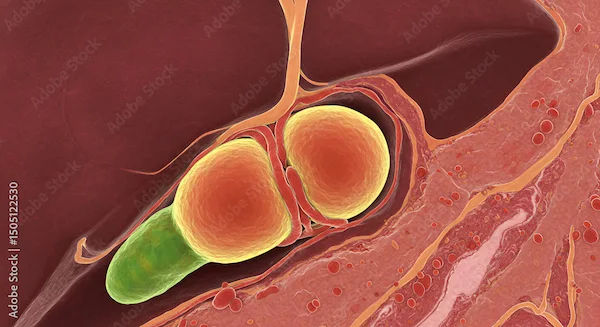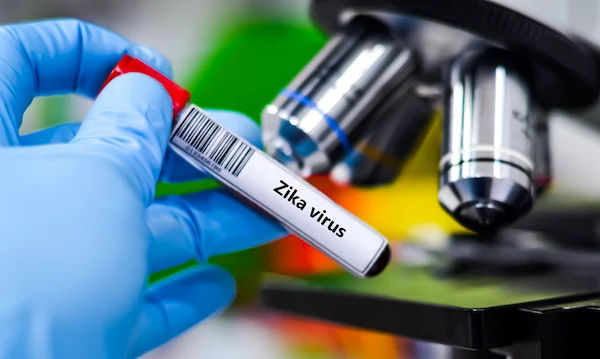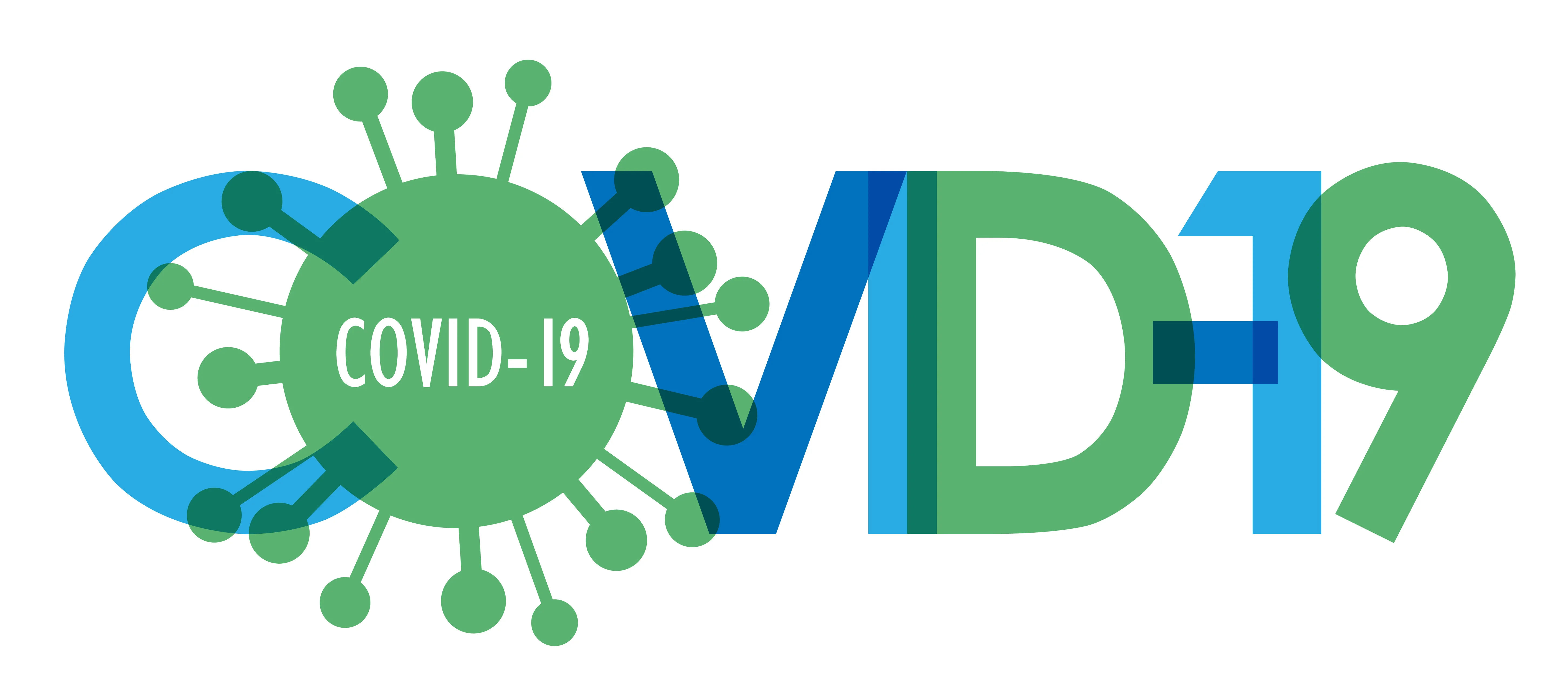- male
- 30 Years
- 22/01/2025
I'm Rajesh and recently I had a brief encounter with a sex worker, but I used two condoms for protection. It happened on the 8th of June 2018, and about 26 days later, I went for an HIV duo 4th generation test, which came back negative with a result of 0.09. Lately, I've developed a cold, cough, and some throat pain that I think could just be due to the weather. Can I trust these test results and get back to my regular routine, or should I be concerned? I'm really anxious about this and could use some guidance.
Answered by 1 Apollo Doctors
Hi Rajesh, based on your description, the HIV 4th generation test you took 26 days after exposure is highly reliable and indicates you are negative. Your symptoms are more likely due to weather changes and not related to HIV. You can continue with your regular life, but if you remain anxious, consider retesting at 6 weeks for complete peace of mind.
Dr. Shubham Suggests...
Consult a Infectious Disease specialist
Answered 04/07/2025
0
0

More Infectious Disease Health Queries
View allI'm really worried about the H1N1 flu. Can you tell me which hospital is the best for treating swine flu or influenza? I'm just trying to figure out where I should go if I or a family member needs help.
Apollo hospital.
Answered by 1 Apollo Doctors
I'm really worried about a friend of mine who is HIV positive. She was on this medicine called Teevir from Mylan, but after a few months, she just stopped taking it. I'm wondering if there might be a better doctor or medicine available for her. Is there anything new or different she should try?
Continue same treatment.
Answered by 1 Apollo Doctors
Can being bitten or scratched by an Indian bat give someone rabies? Should I get a post-exposure prophylaxis if I've been near bats? I'm really worried about this whole bat thing and would love some advice.
Possible Causes* 1. *Cervical or vaginal injury*: The sensation of hitting something during fingering could indicate a cervical or vaginal injury, leading to pain and discomfort. 2. *Cervicitis*: Inflammation of the cervix can cause pain, especially during or after intercourse. 3. *Vaginal infections*: Bacterial vaginosis, yeast infections, or other vaginal infections can cause pain, discomfort, and irregular discharge. *Recommendations* 1. *Consult a gynecologist*: Your girlfriend should schedule an appointment with a gynecologist to determine the cause of the pain and receive proper treatment. 2. *Abstain from intercourse*: Avoid any form of intercourse until the gynecologist has evaluated and treated the underlying condition. 3. *Practice safe sex*: In the future, use protection and practice gentle, consensual sex to minimize the risk of injury or infection.
Answered by 1 Apollo Doctors
Disclaimer: Answers on Apollo 247 are not intended to replace your doctor advice. Always seek help of a professional doctor in case of an medical emergency or ailment.





